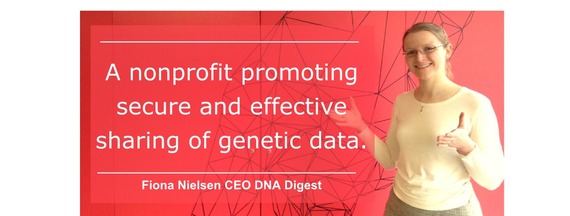As a bioinformatician doing genomics research, I have had my fair share of "eureka!' moments: "Yes! Finally, the data have spoken! This is the pattern I was looking for!" This happiness usually lasts for about 13.5 minutes -- that is, after a good neck stretch and a hot cup of tea, it is time to face the perennial question: "Are these really the genes responsible for my disease of interest, or is it just an artifact and/or bias in my data set?" Surely the answer is always the same: "Turn to your good old friend Statistics!" Well, this is much easier said than done. Statistics is the science of data, and more often than not, it's the science of more data. The more data you have, the more reliable will your results be. "Right! So where do I get more data?" I don't!
Undeniably, data sets are the fulcrum of scientific research, but regrettably, most of the data generated by research facilities are not commonly made available to the scientific community at large, hence hindering a faster progress of scientific research. What is even more puzzling is the fact that the lion's share of these data is generated using public funds. If so, shouldn't the data be public? Genetic research is still very expensive, and if one cannot reuse the data for further analysis, millions of dollars of public money will have gone to waste, harming most of all each and every individual waiting for a cure, while hindering the progress of genetic research. After all, "science" is just a word for all the knowledge shared by humankind. And "shared" is the keyword here: "Alone we might go faster, but together we will go further."
Sure, whoever did the experiments wants to have the first peek at the analysis. There are also the issues concerning the anonymity of the data, and the different data formats, and the managing of the shared data, and the Web platforms.... Yes, these are all true, but they're easily overcome if the motivation is there. It is urgent that governments, patient associations, the scientific community and society as a whole know about this "genomics data sequestration" and start to raise awareness of this issue, to fight for the implementation of policies to open the data, to develop laws to ensure that we all get significant scientific value for our money invested in genetic research.
Currently, DNAdigest is trying to solve this issue. This is a not-for-profit organization that aims at promoting and enabling easier and more efficient sharing of genomics data for the advancement of genetic research, by organizing workshops and other related activities that promote efficient mechanisms for data sharing. Its ongoing crowdfunding campaign is raising funds to continue with its vital project. If you wish to learn more about this issue, please visit the DNAdigest crowdfunding page. Thank you for caring!
